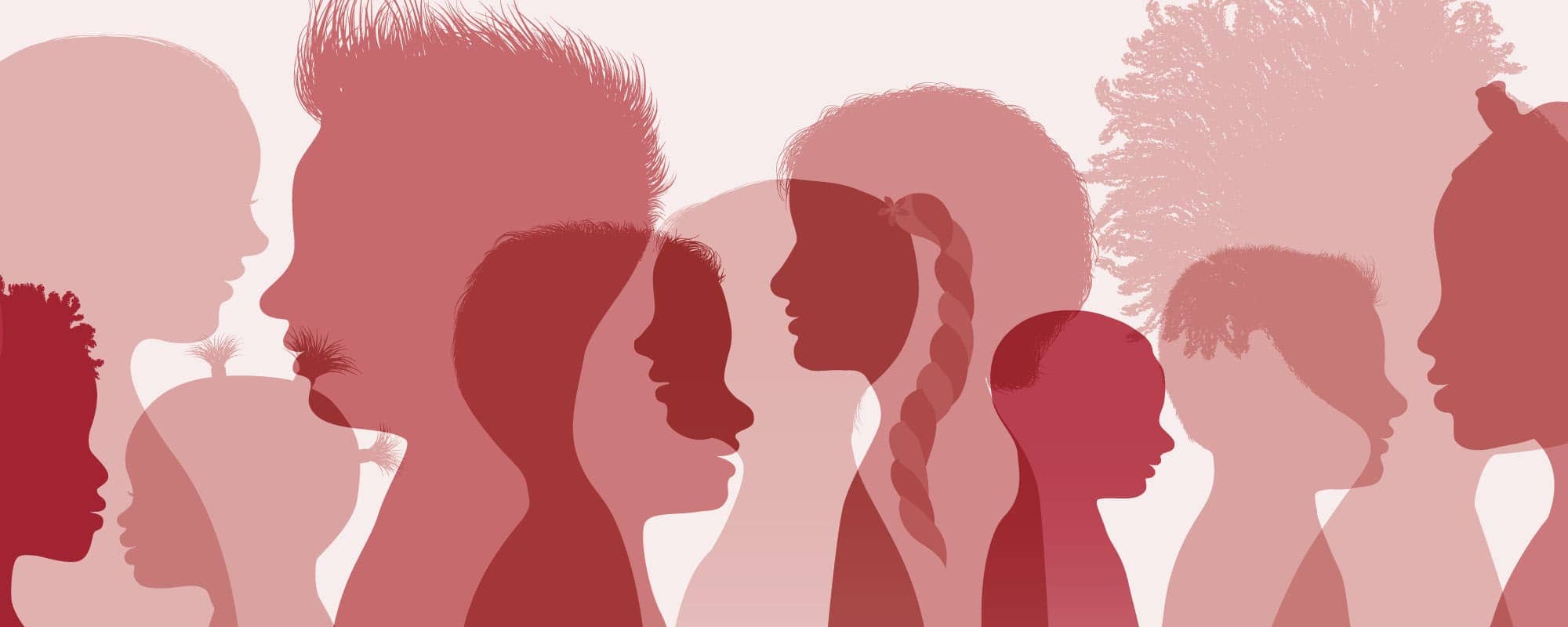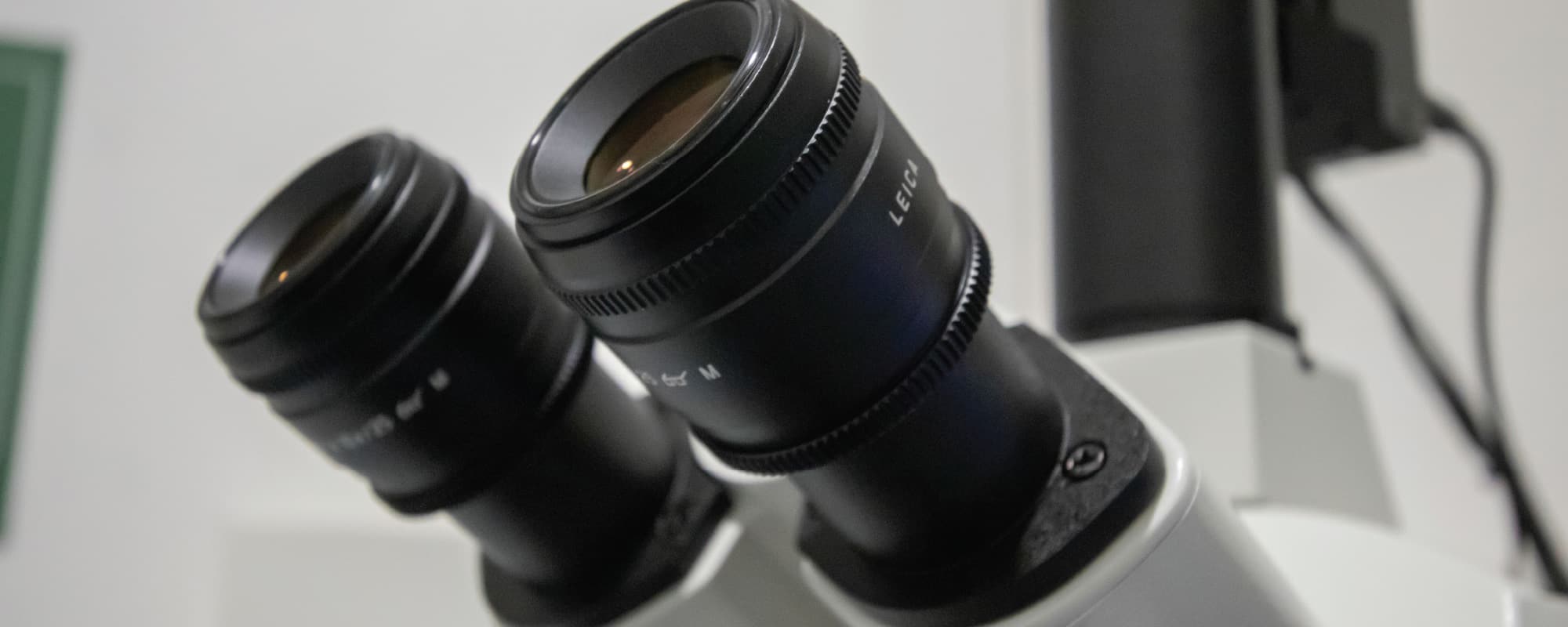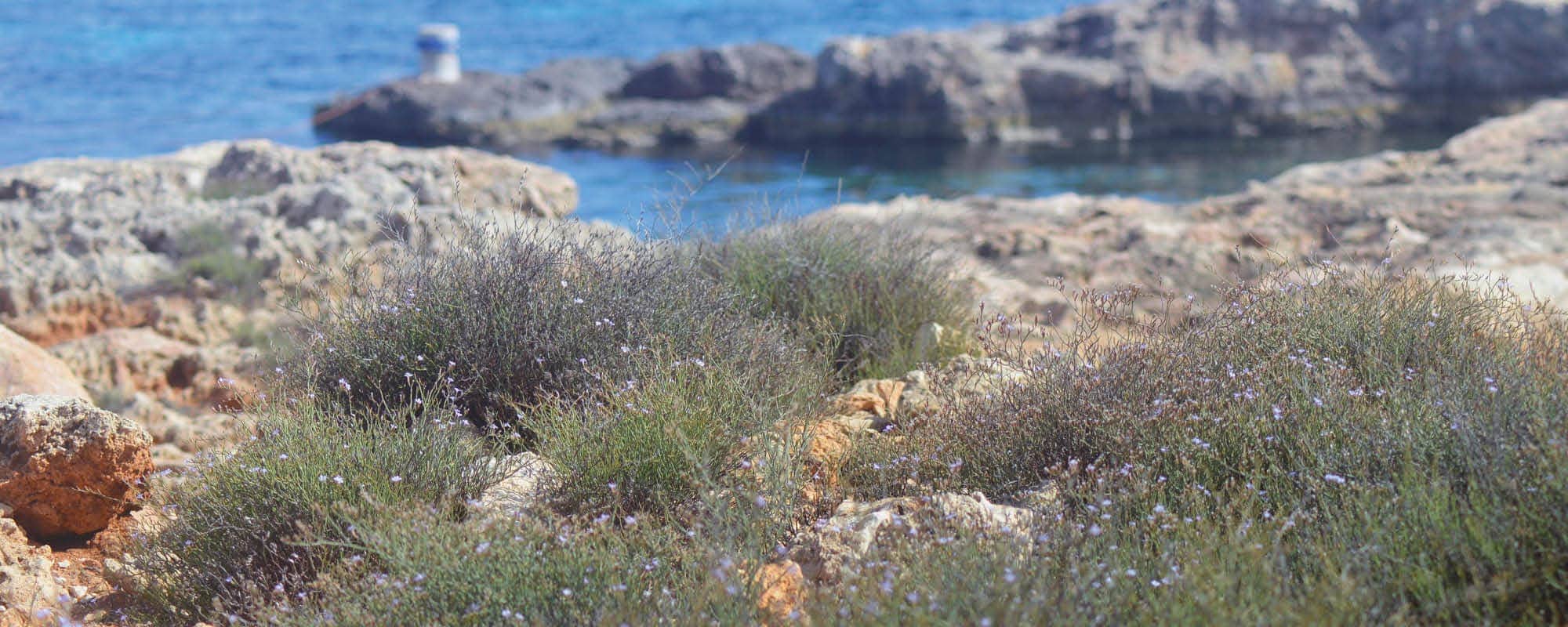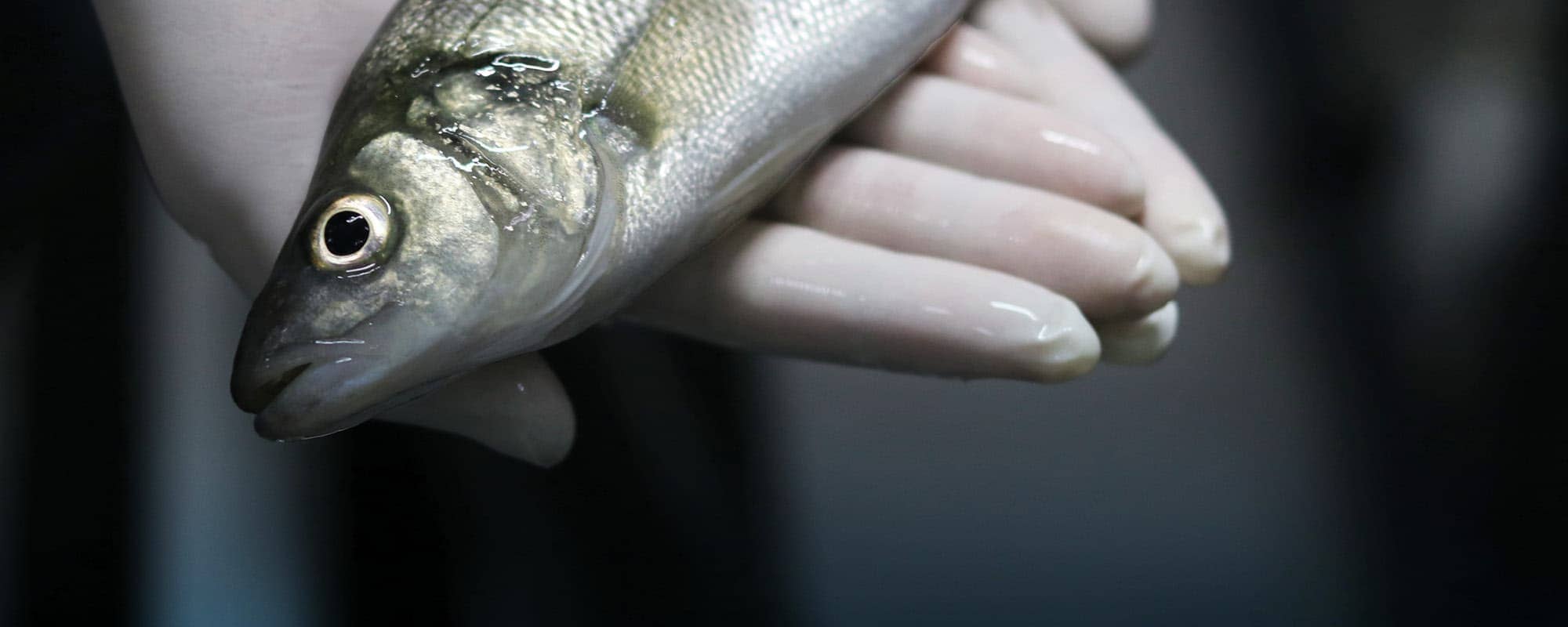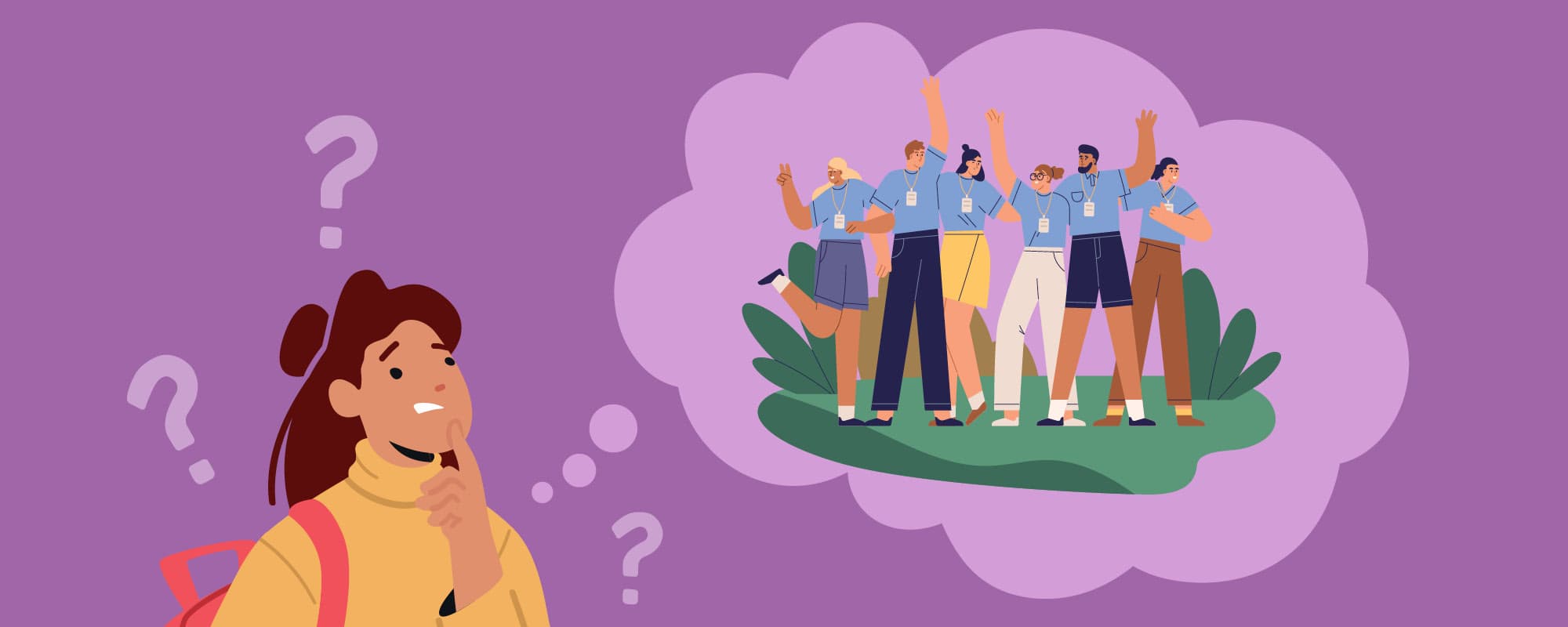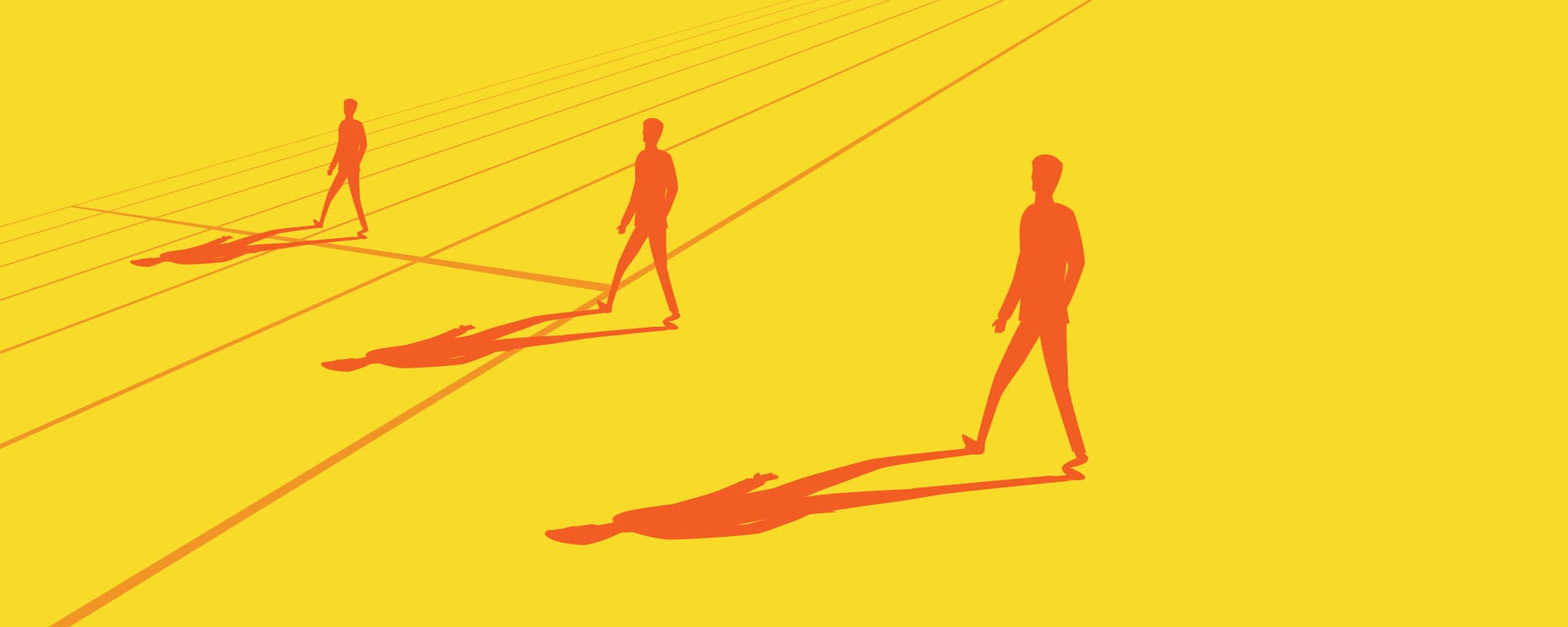Learning Diversity: A Case Study of Refugee Students in Primary School is an international project created to provide information about the unique needs of refugee students, their obstacles to success, and the interventions and good practices applied to help them. Jonathan Firbank speaks with lead coordinator, Prof. Simone Galea, about the study’s ethics, methods, and findings.
Continue readingEco-Anxiety
Have you ever felt stressed about your future when hearing about environmental issues and climate change in the news? Have you ever felt particularly anxious about the future of humanity and our planet? Well I can assure you, you are not alone.
There is a formal term for this phenomenon: eco-anxiety. The American Psychology Association describes eco-anxiety as ’the chronic fear of environmental cataclysm that comes from observing the seemingly irrevocable impact of climate change and the associated concern for one’s future and that of next generations.’ While this is not yet considered as a psychological illness, it can have numerous mental consequences in some people.

Eco-anxiety does not affect everyone in the same manner. Various studies in the last few years have shown that eco-anxiety tends to impact younger generations the most, mainly children and youths. Surveys show that many young people rank climate change as the most significant societal problem. In one recent study published in The Lancet Planetary Health and conducted in 10 different countries among 16 to 25-year-olds, 59% of respondents stated that they are very or extremely worried, while 84% of participants said that they felt at least moderately worried.
Moreover, the majority of respondents ‘felt sad, anxious, angry, powerless, helpless, and guilty,’ about climate change. Eco-anxiety also tends to be more prevalent among people who are aware of the environment and knowledgeable on climate change. This group feels largely responsible for solving this problem that has been dumped onto its shoulders by governmental inaction and earlier generations.
This might also explain why it is quite common for young students studying in the environmental field to feel the symptoms of eco-anxiety. As a student currently following a sustainability-related course, I am aware that it can get quite overwhelming. In fact, as part of a recent Sustainability Week on university campus, a workshop was organised to help students cope with the symptoms of eco-anxiety. While coping mechanisms vary from one individual to another, these are some things you can try out if you find yourself in a similar situation:
- Explore a healthy outlet to give your thoughts a break through physical exercise, meditation, and deep breathing.
- Share your feelings with friends or note them down in a journal.
- Take tangible action by making small but necessary lifestyle changes.
- Make your voice heard through lobbying, petitions, and marching in the streets, or by joining sustainable organisations.
The Microscopic World in Sharp Focus
The Leica Thunder Imaging System not only lives up to its grandiose name, it also exceeds it in its purpose. At first glance, the system looks just like your traditional microscope with a flatscreen monitor connected to it. THINK finds itself in the Motor Neuron Disease laboratory at the Centre for Molecular Medicine and Biobanking at the University of Malta. The dim lighting around the setup creates an impressive atmosphere. Images flash on the attached screen, and the sophisticated high-tech features of this specialised microscope become clearer. ‘There is no other microscope like this,’ says Mr Zachary Muscat, Accounts Manager at Evolve Ltd. — suppliers of this equipment to the University.
While traditional microscopes have no issue focusing on normal cells, they tend to struggle with tissue samples. Tissue samples are somewhat thicker, and a typical microscope causes blurring at the centre of the projected image. Clarity and sharpness are critical in a field that requires precise analysis of samples, and the distortions caused by such image processing can severely limit the researcher.
Being only one out of a hundred currently in use worldwide, the Leica Thunder Imaging System is capable of removing this blurring in real-time. Prof. Ruben J Cauchi, who leads the laboratory, explains the concept behind this piece of technology. ‘It looks like a normal microscope,’ he says. ‘The difference is that it has a tower with a powerful processor, and this is its core facility.’ Its high processing power, combined with technology typically used for gaming, allows for the enhancement of images beyond the capabilities of a standard microscope. While traditional microscopes use natural light, the Leica Thunder Imaging System splits natural light into different wavelengths to excite different fluorescent stains, and the processor captures the illumination of these stains independently, while the software compiles the images to produce razor-sharp results.
The laboratory’s primary research focuses on motor neuron diseases such as ALS (Amyotrophic Lateral Sclerosis), by utilising fruit flies as specimens under the microscope’s powerful lens. These insects serve as a model organism of ALS by removing genes causing the disease. ALS flies typically end up with weakness of the muscles used for flight. Prof. Cauchi emphasises the impact of the Thunder microscope for such research. ‘What we can do now is dissect the organism and see what is actually happening at a molecular level in the neurons and muscles. Previously, that was difficult to do.’
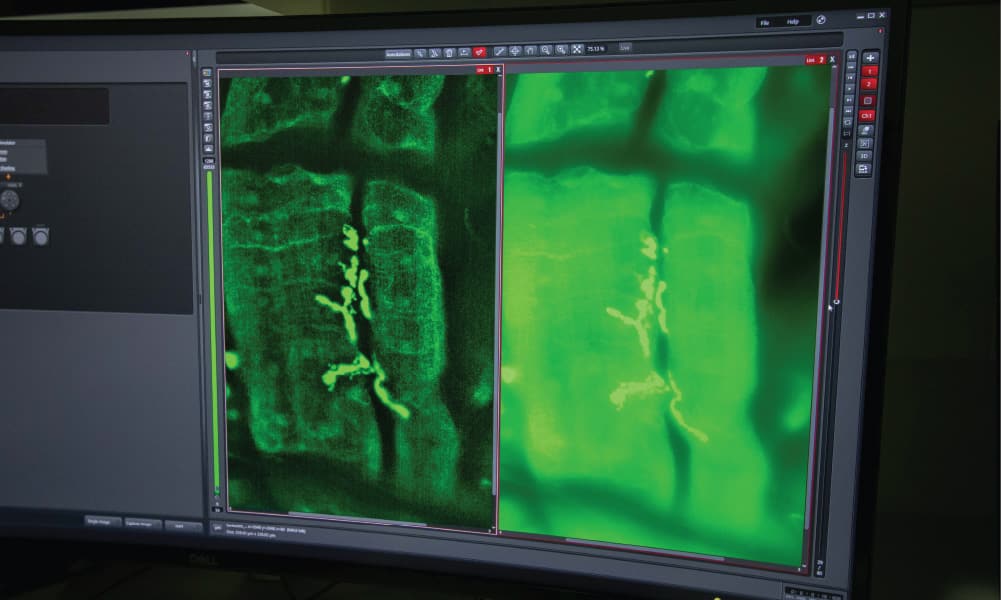
Besides ALS, the laboratory is also focusing on projects concerning COVID-19. Research is being conducted on the ACE2 receptor, that same receptor which coronavirus particles bind themselves to before entering human cells. ‘So with the microscope, we are also looking at the location of this receptor and how we can actually find therapeutic approaches that decrease the levels of this receptor.’ In the long run, this will have a significant impact on the health sector by providing it with crucial information for the creation of specific drugs which can be used not only for COVID-19 but also potentially for future pandemics.
Equipment supplied by Evolve Ltd. through collaboration with the University of Malta, and made possible with funding from the Malta Council for Science & Technology COVID-19 R&D Fund (Project COV.RD.2020–22).
Claiming the Right to a Relationship
Everyone should have the right to explore intimate relationships, break up and make up, and find a place where they are comfortable in their sexuality. So why is it that people with disabilities are so often denied these experiences? Becky Catrin Jones speaks to Dr Claire Azzopardi Lane about her pioneering work
Continue readingMaltese Innovation Promises New Era in Accessing Space
A team of researchers and engineers from the University of Malta’s Astrionics Research Group (ASTREA) are developing their own satellite and ground station for Malta to take its place in the night sky above.
Continue readingCutting EDGE Research: the Genomes of Maltese Plants
Conservation is a 21st century hot topic. It is a top priority worldwide to ensure the lasting protection of the planet and its natural resources. But how can we even begin to conserve our natural environment if we don’t understand it? Ines Ventura investigates.
Continue readingHelping the Hatcheries: How Can We Improve the Output of Aquaculture?
With a growing worldwide population, the use of aquaculture systems to relieve the pressure on wild stocks of fish has become invaluable. But how does aquaculture ensure the survival of young fish?
Continue readingVoluntourism: Do locals benefit as much as volunteers?
I believe we primarily choose to volunteer because of one, selfless reason: our heart. Travelling to volunteer, or voluntourism, is an emotionally enriching and rewarding experience. You’re tasting a totally different culture in all its raw authenticity, whilst ‘supporting’ someone or a community. It is gratifying; hence, there’s also a personal gain. But does volunteering actually help the local community? And do the locals benefit as much as we do? I believe there is simply no reason why both sides can’t benefit in different ways.
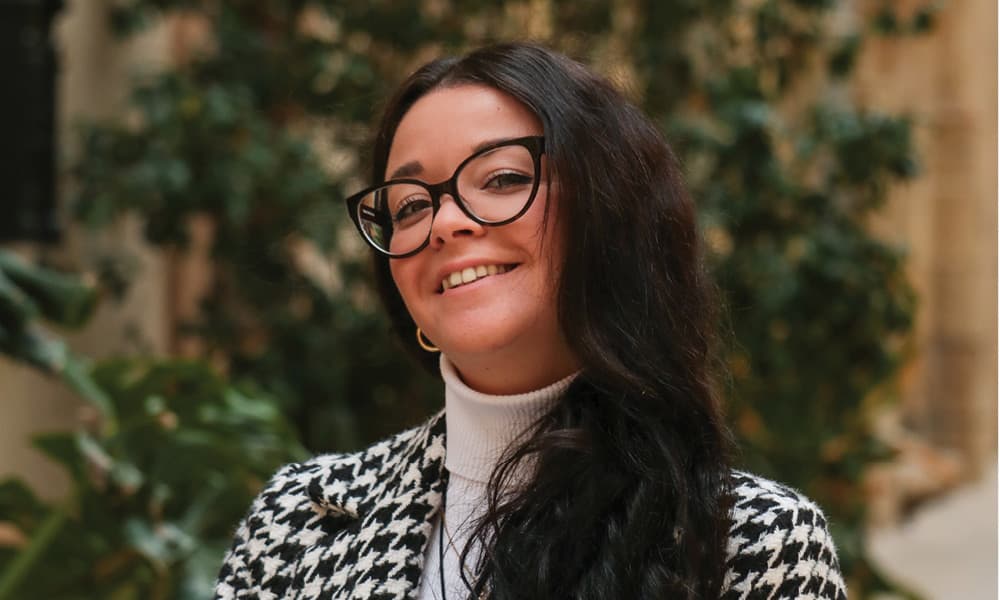
Whereas organisations, volunteers themselves, and their proud (if initially worried) families often portray the commendable aspect of volunteering, attracting adventurous tourists to help rural communities has become widely criticised by the media. The local community’s eventual dependency, coupled with unskilled volunteers, are amongst the most-cited adverse aspects.
Concerning dependency, one must question what would happen to an existing project if volunteers stopped visiting. For example, when the next pandemic hits and borders are closed again, will that newly built clinic retain the necessary equipment and staff to function within the rural community without the organisation being present? If the answer holds even a trickle of doubt, then the project has been well funded but not sustainably planned. Furthermore, we live in a predominantly individualistic society wherein a volunteer can be more concerned about their own experience, as opposed to how they’re actually contributing to the community.
However, it is also true that organisations and volunteers are striving to be more ethical and sustainable. In my opinion, unskilled volunteers are only a problem if they choose to join the wrong project. Unprepared volunteers are those who have not been well-informed about the community’s needs and how the organisation plans to achieve their goals.
Thus it is the organisation’s responsibility to foster an environment of sustainable volunteering with long-term goals, projects, and financial plans. For instance, using funds to engage permanent local staff whom volunteers can work with, rather than replace, minimises dependency and creates a collaborative work ethic for both sides.
More importantly, in my opinion, is the individual volunteer. In asking the right questions, understanding that change occurs gradually, and more significantly, respecting the different culture by taking into account the local perspective, one is immediately more mindful of the ethical consequences of their actions.
Do the locals benefit as much as voluntourists do? I really think we’d have to ask them first. Speak to them, interact; that’s where understanding the local perspective comes in! On the other hand, I strongly believe that cross-cultural exchanges — where equitable, collaborative, and honest discussions take place, and where friendships are formed — are the most intangible assets of volunteering for both locals and volunteers. Therefore, if all the aspects of a person’s wellbeing along with sustainability are strongly being considered, the world can only benefit from more understanding and active individuals!
Pandemic Pedagogy
Regardless whether we are self isolating or not, it is possible to grow and develop yourself professionally
Continue readingThe Worth of your Time
Jonathan Firbank investigates the conditions that led to the ‘Great Resignation’, where millions of people resigned throughout the COVID-19 pandemic. He discovers that it is less a consequence of an ‘anti-work movement’ and more a result of the mental health issues that workplaces can cause.
Continue reading
